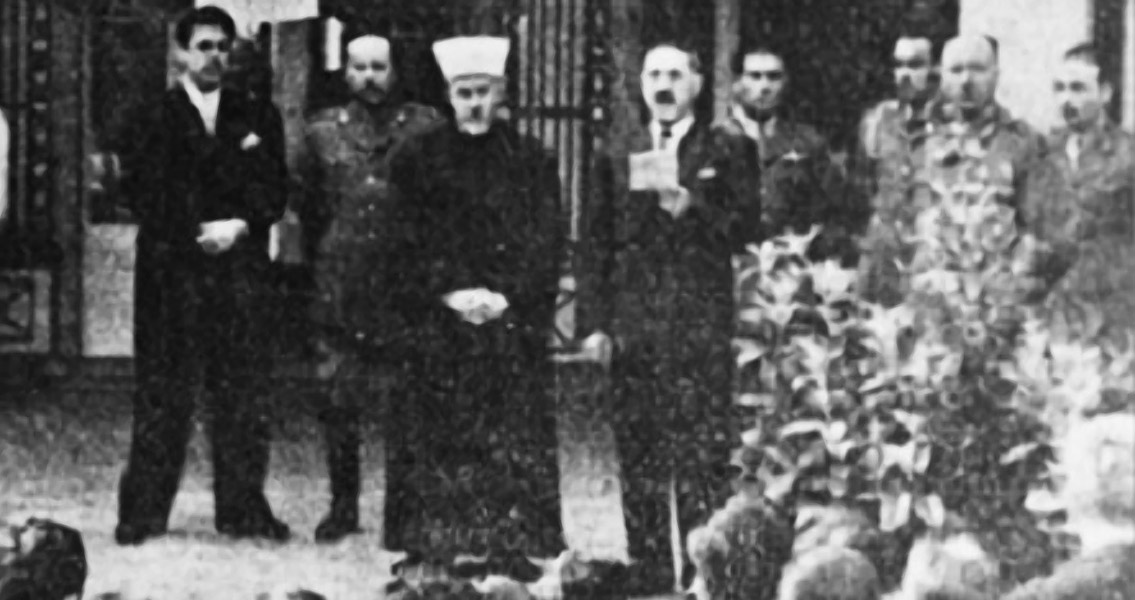<![CDATA[Hoping to stretch British forces fighting the Axis to breaking point, Hitler deployed two bombers to Iraq to support the government of Rashid Ali al-Gailani on 12th May, 1941. The event, one which is often overlooked in histories of the Second World War, highlights the complicated global factors at play in the conflict and the long running intervention into Middle-Eastern politics by outside forces. Gailani had led a revolt against Iraqi Prime Minister General Nuri as-Said in April 1941, overthrowing the government and seizing control of the country. His first act was to cancel the Anglo-Iraqi alliance and cut off the British oil pipeline to the Mediterranean. A lawyer with a career in politics dating back to the 1920s, Al-Gailani had served in a number of cabinet posts before being appointed as Prime Minister in 1940. As a lifelong Arab nationalist, he believed that the Arab people could never be unified under the shadow of the British Empire. He became a supporter of the Axis powers, believing they wouldn't stand in the way of Pan-Arabic anti-colonialism. When Italy entered the Second World War on the side of Germany, Gailani refused to sever ties with the country, incurring the anger of the British government. Britain was still an influential force in Iraq, and soon started to apply pressure for Gailani to be removed from power, something which happened in January 1941 and led to the more conservative Nuri as-Said becoming Prime Minister. His reign was short lived however. Gailani had the backing of several influential military figures known as the 'Golden Square' who launched a successful coup in early April; returning the former leader to power. The new government was a pro-Axis one which soon set about undoing the Anglo-Iraqi treaty which saw Iraq supply Britain with vital oil and also allowed British troops to march through its territory. For Britain, the breaking of the treaty was potentially devastating to its war effort, and the reaction was swift. On 27th April 1941, Gailani declared that no more British troops would be allowed to pass through Iraq until those already stationed there had withdrawn. That evening, the British ambassador announced to the Iraqi government that more troops would be arriving. When 9,000 British soldiers arrived in the Persian Gulf, Gailani responded by sending soldiers to surround the British airbase at Habbaniya. Hitler, sensing an opportunity to strike at the Allies, quickly deployed forces to bolster Gailani's government. Suddenly, Iraq found itself a battleground of the Second World War. Germany's direct intervention in Iraq didn't go as planned. Major Axel von Blomberg, the Nazi officer sent on 12th May to act as liaison, was killed by a stray British bullet soon after he arrived in the country. By the end of May, Gailani's government had been toppled, the British forces had signed an armistice with Iraq, and the coup was over. Gailani fled to Berlin, while a pro-British government, once again led by Nuri as-Said, took control. The Axis forces quickly withdrew as more British troops arrived in the region. In 1942, Iraq became the first Muslim country to declare war on the Axis. As it would for much of the twentieth century, Iraq once again found itself firmly within the sphere of influence of the West. ]]>
Hitler Sends Bombers to Aid Rashid Ali al-Gailani's Iraq
